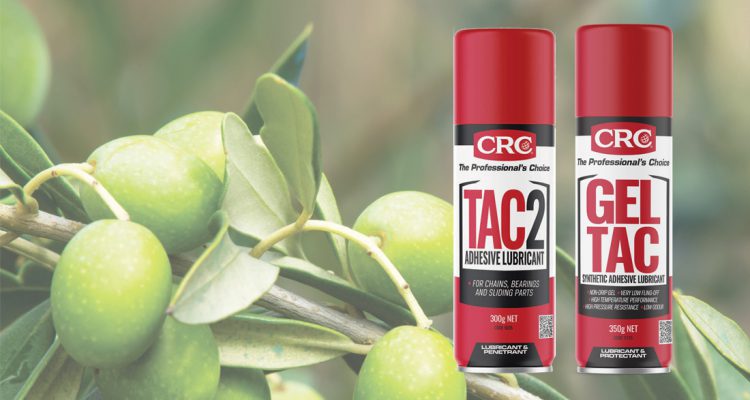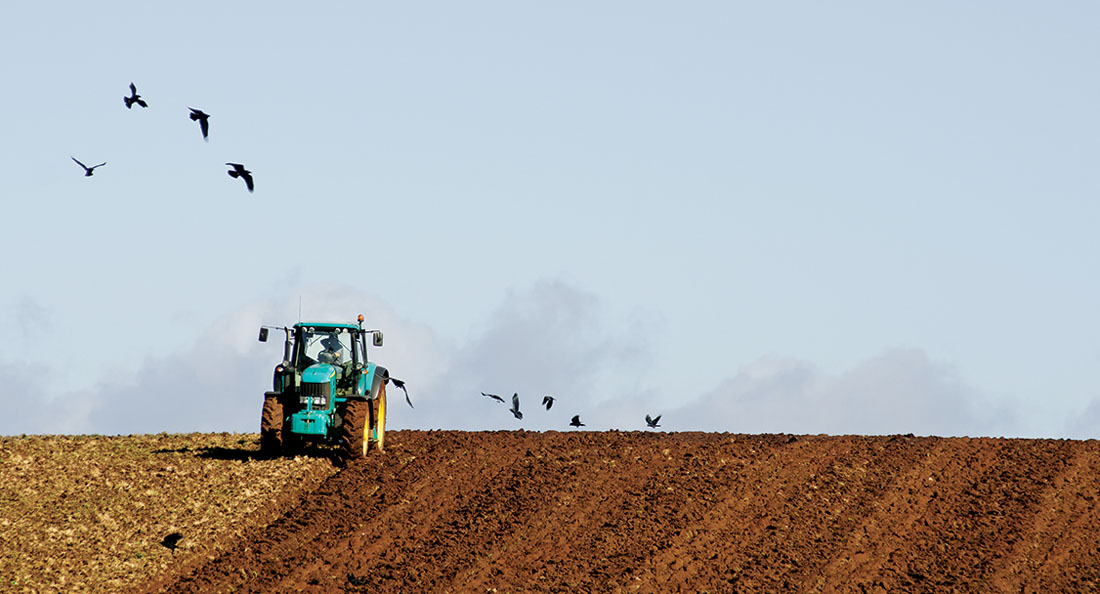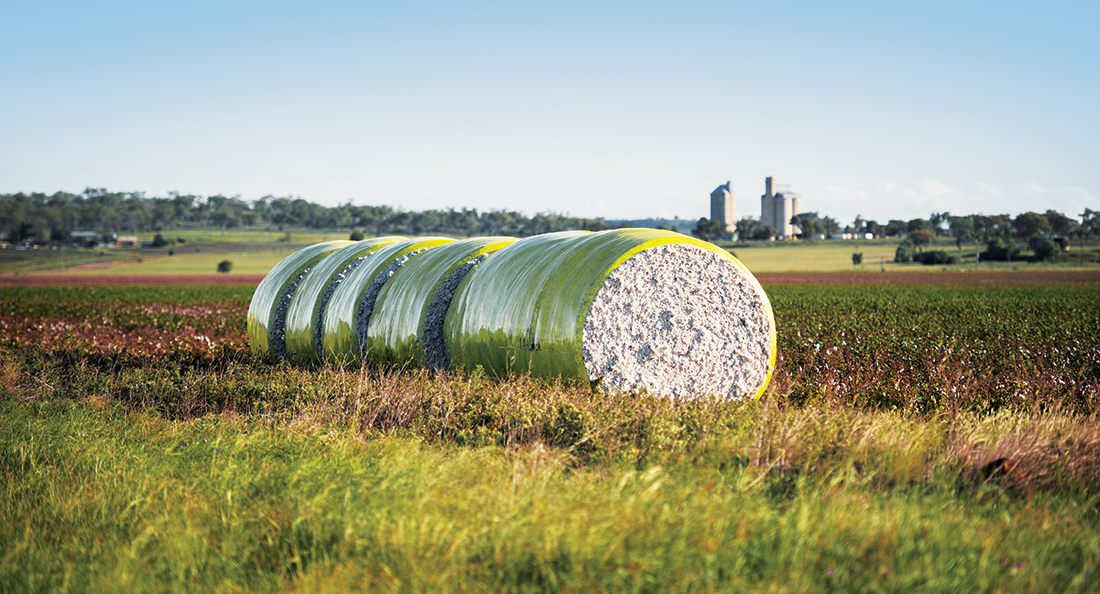Australia’s award-winning extra virgin olive oil, Cobram Estate, is advertised as ‘the only oil you need,’ and while that message pertains to the delicate process of cooking, the less delicate process of harvesting the olives relies on other types of lubricants, as Bryden Coote, Branch Manager at BSC’s Swan Hill explains.
“When you have a chain worth thousands of dollars installed on a harvesting machine, it can become quite expensive if the chains do not last through the harvest season, not to mention the downtime from having to replace the chain in the middle of harvesting,” says Bryden.
Cobram Estate is the flagship brand of Boundary Bend Limited (BBL) – Australia’s largest olive farmer and producer of extra virgin olive oil. Across its multiple olive groves in the Murray Valley region of Victoria, BBL owns over 2.5 million olive trees on more than 6000 hectares of farmland.
To efficiently harvest olives from these groves, BBL has been involved in developing its own unique olive harvester machines that enable continuous harvesting rather than the discontinuous system used in most other olive growing countries. During the harvest season, these machines work 24 hours a day to pick the olives when they are at their best.
Over the past couple of years and as recommended by Bryden, Sam Griffiths, Maintenance Manager at the Boundary Bend Estate has been using CRC TAC2 chain lubricants for the maintenance of the Boundary Bend harvester machines – with more than satisfactory results.
“Every day, as part of our routine maintenance, we spray the CRC TAC2 on the harvester chains and this has helped us extend the service life of the chains considerably,” says Sam. “We only use the harvester machines during the harvest season but by keeping the chains lubricated throughout the year, we have almost halved our chain breakdowns. Now we only replace the chains once or twice a year as part of our routine maintenance.”
Iain Faber, National Channel Manager at CRC Industries explains why TAC2 is a suitable choice for lubricating high-speed chains, such as the ones in Boundary Bend’s harvesters.
“The CRC TAC2 is a dual-viscosity lubricant, which means it can be sprayed onto the chain as an oil but it firms up into a grease-like consistency as it sets, enabling it to remain in place without flinging off. Because of this unique formulation, TAC2 can penetrate into the pins and the seals in the chain to effectively protect the chain against wear.
“Moreover, the TAC2 lubricant is resistant to water wash downs, so it can be safely used in areas where water is present. It has a wide operating temperature range, so you can use TAC2 in both hot and cold temperatures.”
But TAC2 is not the only chain lubricant CRC has on offer. The CRC GEL TAC is another chain lubricant with similar properties as TAC2 but suited to different applications, as Iain explains.
“I always use the example of a motorbike and a forklift,” says Iain. “Whereas the TAC2 is best suited for high speed applications like motorbike chains, GEL TAC is designed to stay in place in low speed, high pressure applications such as the chains used in general leaf and pin chains and overhead forklifts.
“The CRC GEL TAC has the similar benefits as the TAC2 in terms of dual-viscosity and water resistance, in addition to having a higher temperature performance. The GEL TAC can withstand temperatures up to 300 degree Celsius compared to the 165 degree Celsius in TAC2. Both products are water-insoluble, meaning that they both perform very well in high water environments and resist water wash off.
Additionally, CRC also offers the Food Grade range of chain lubricants for applications where risk of incidental contact with food is present.
“The CRC Food Grade chain lubricants use a special blend of mineral oil and synthetic additives. The formulation for these lubricants is such that after you spray the oil, it forms bubbles and this foaming action gives the oil better penetration rate into the chain,” he says.
“CRC’s Food Grade range are all NSF-H1 certified and tested for a list of 25 allergens, making them safe to use across all food processing applications. CRC also has all of the certifications required for audit purposes, enabling food processors to easily produce these when required.”
Back to the context of the BBL application, Bryden says in addition to recommending the best lubrication product for each application, BSC experts can also advise on the best maintenance regime to help extend the chain longevity for customers.
“Our customers invest heavily on chains and sprockets for their equipment and it’s important that these chains are maintained as best as possible. When BSC staff visit any site, they often check the equipment and make maintenance recommendations depending on the site conditions and the equipment available on the plant,” says Bryden.
As for Sam, he says he is quite pleased with the services he receives from the BSC Swan Hill branch, particularly Bryden, with whom he has been engaging regularly for the past four years.
“BSC is a very good supplier and the team are genuinely helpful, always going out of their way to supply us the required parts and products when we need them urgently. It’s a relationship built on trust and grown over time.”




